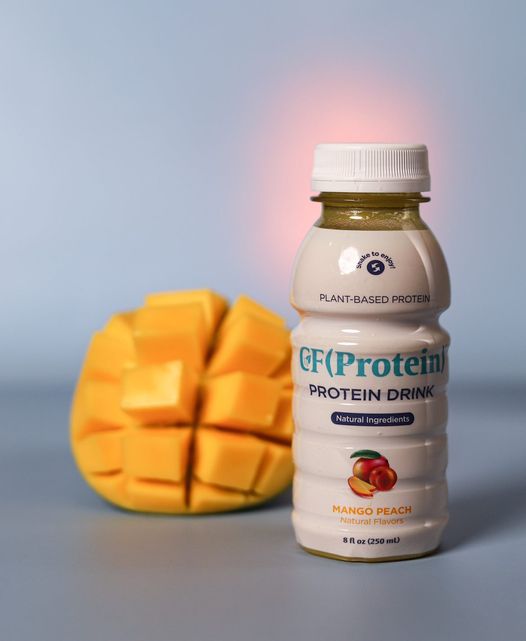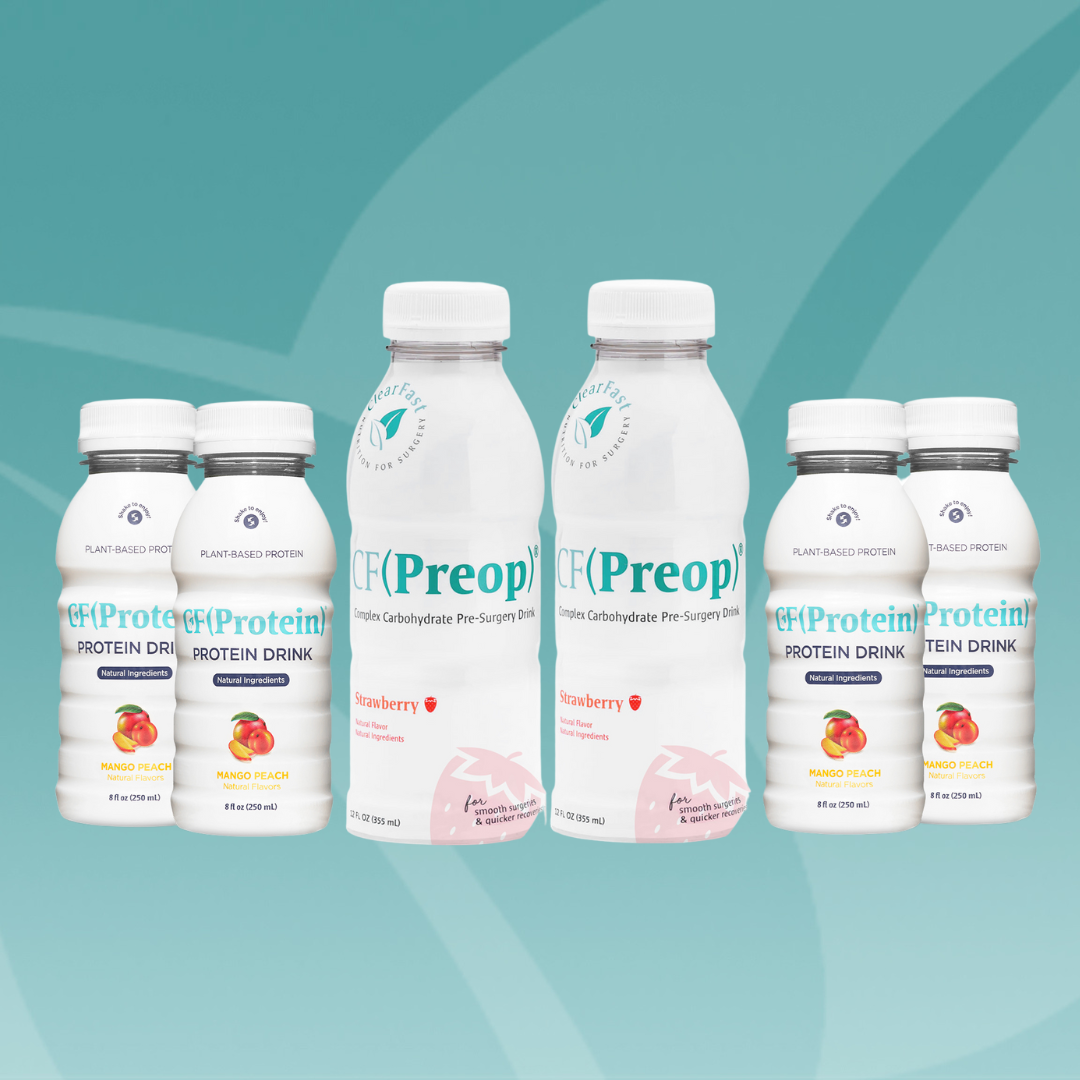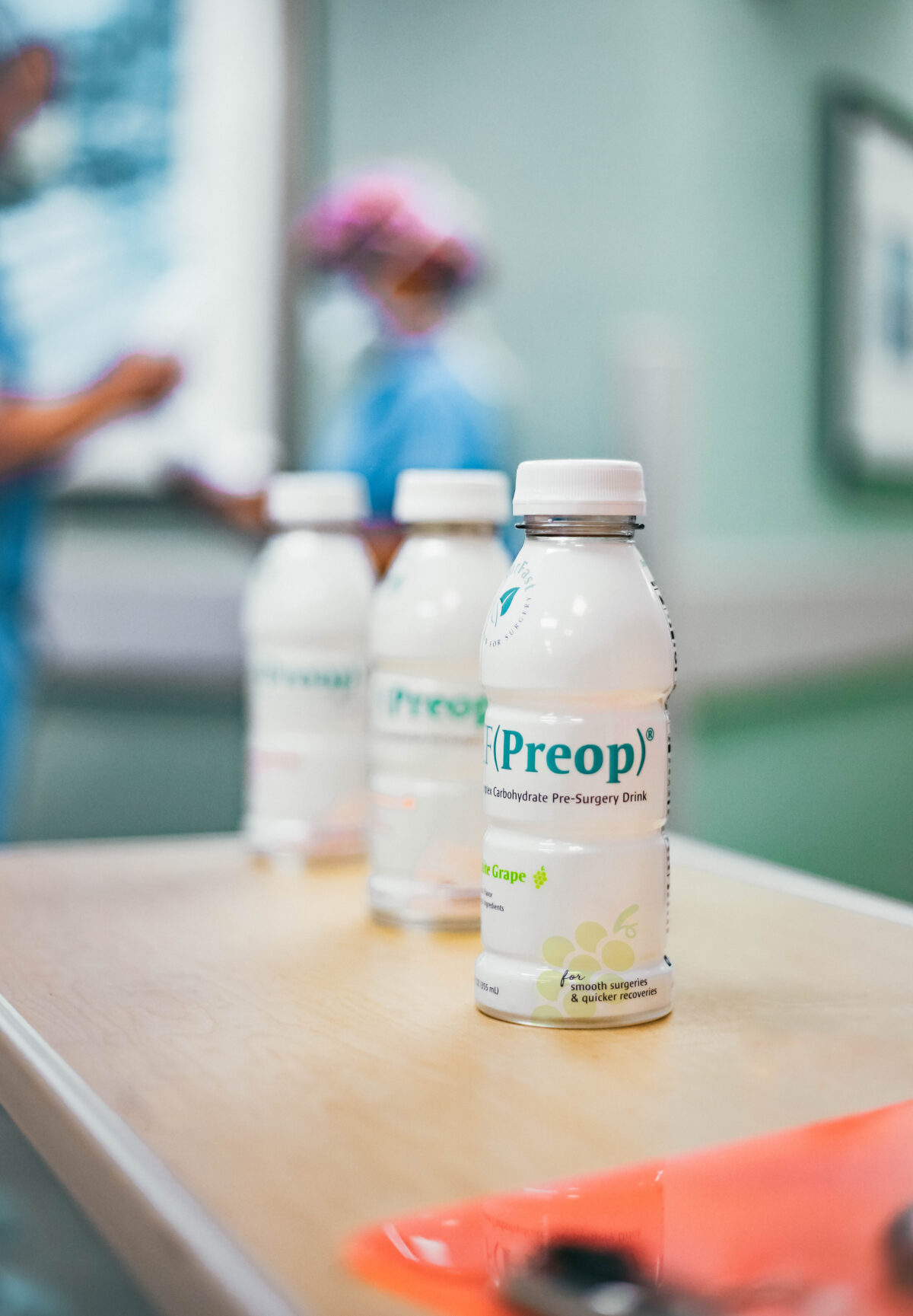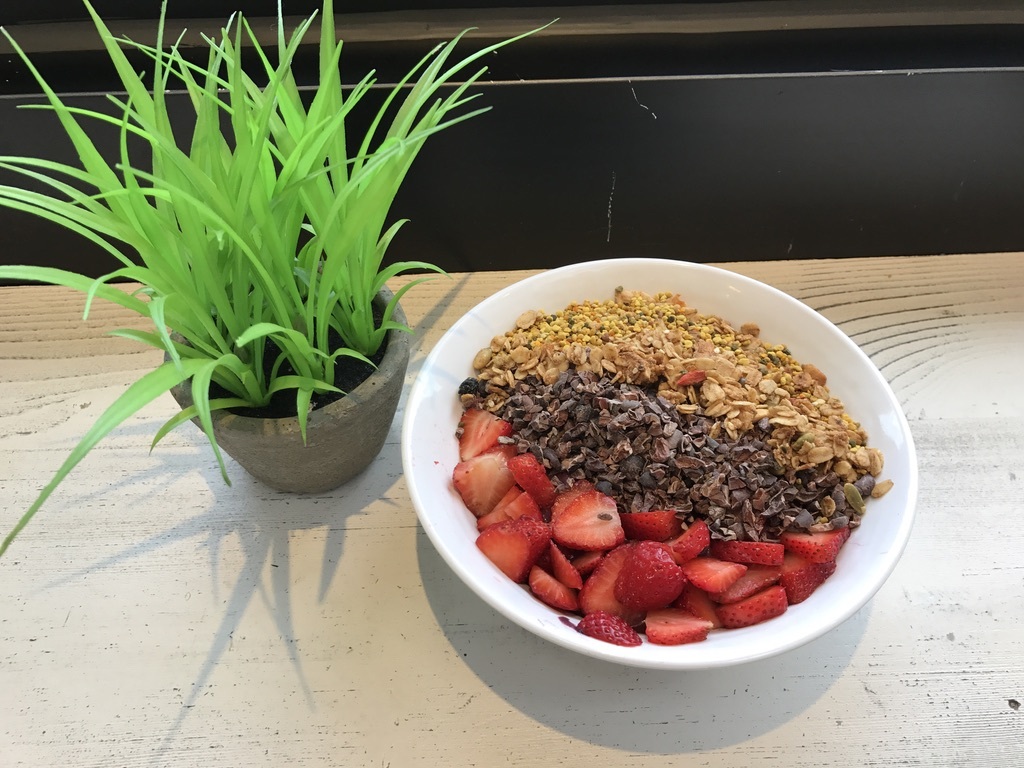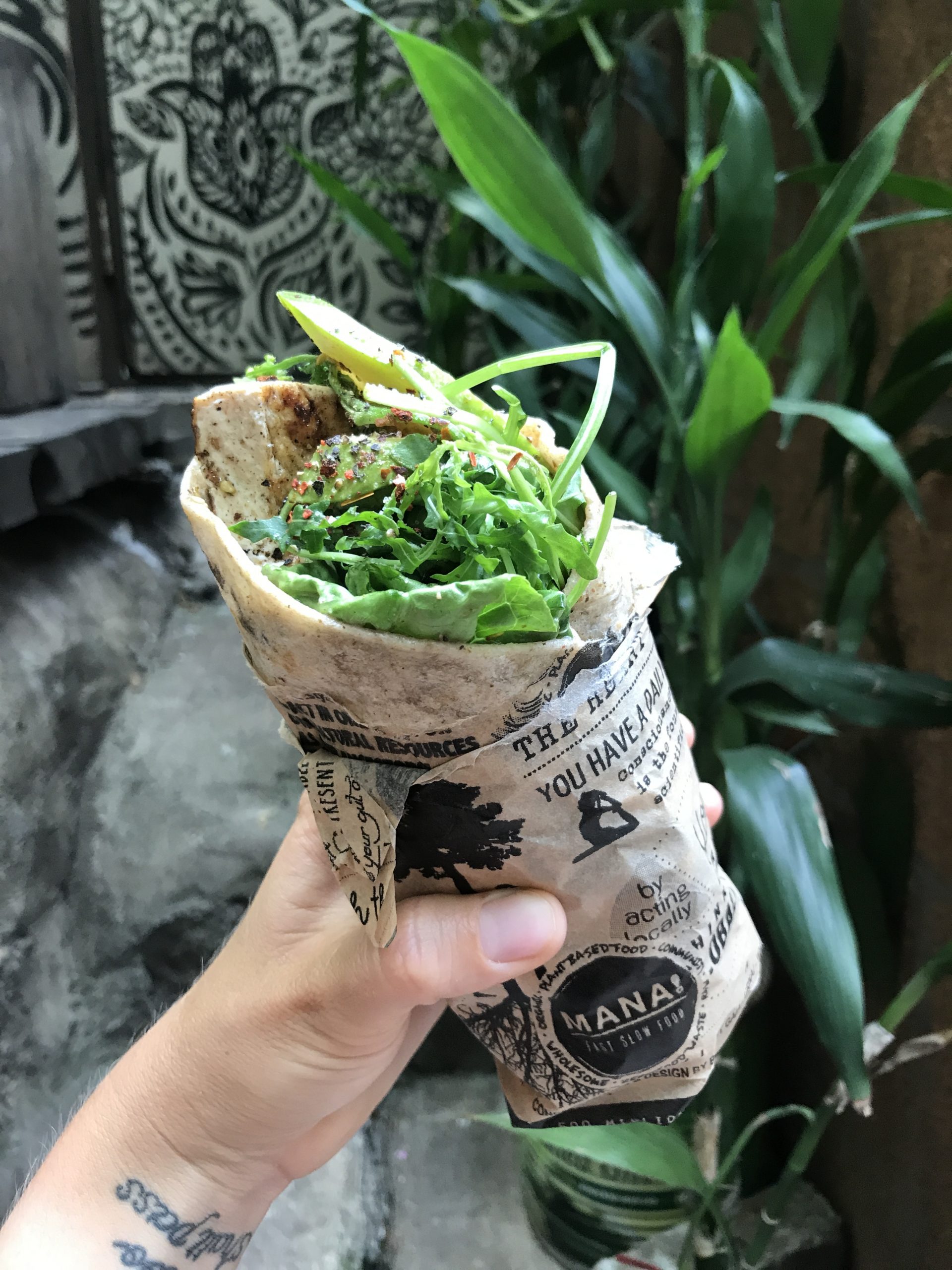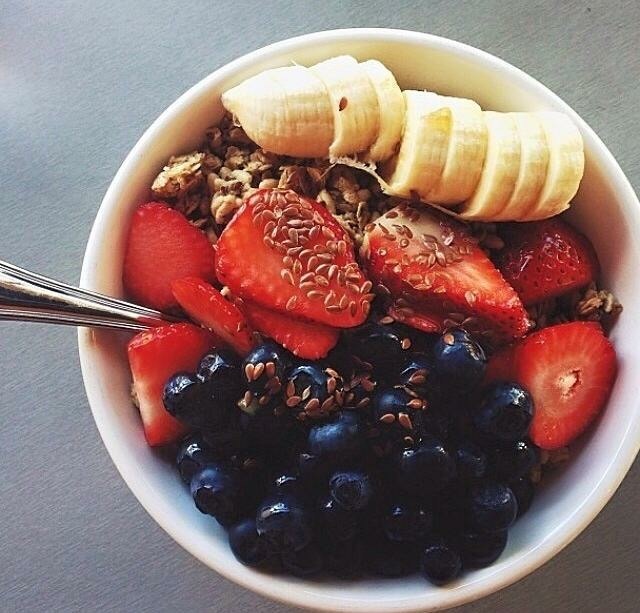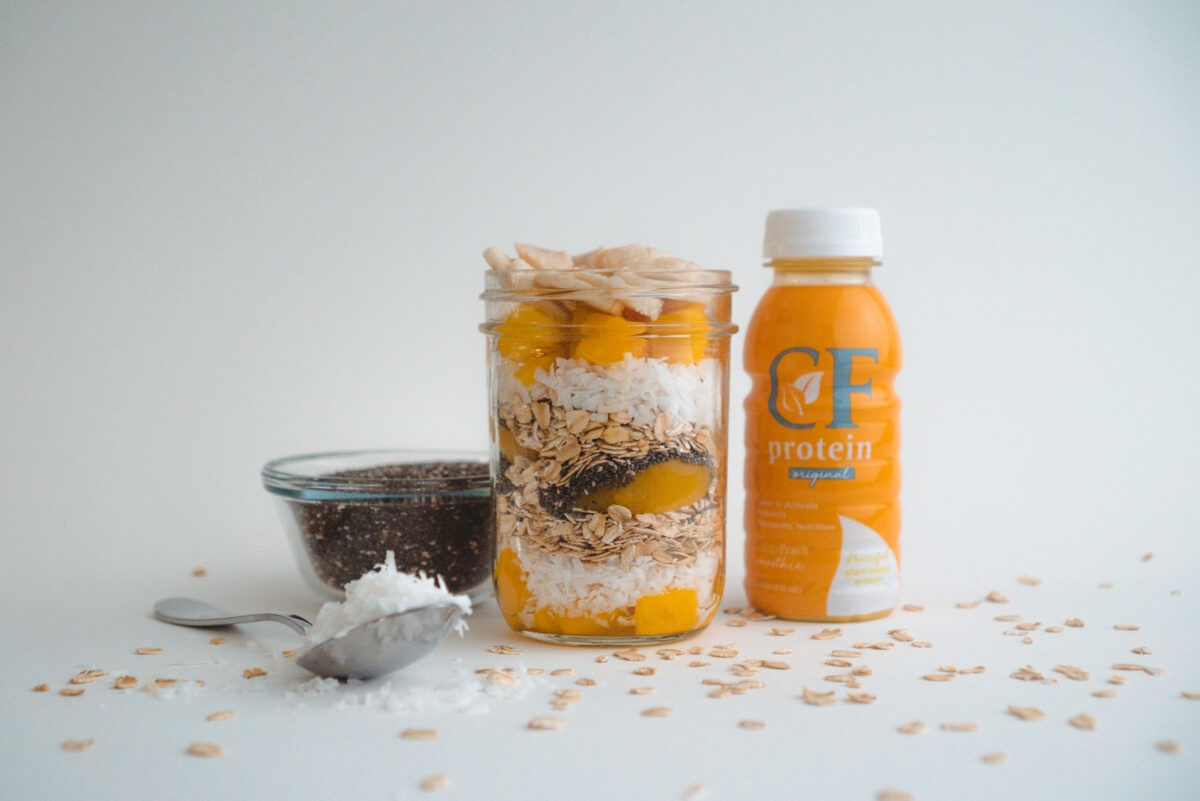Seeing as humans are roughly 60% water, no one is surprised to learn that maintaining healthy total body water (euhydration) is essential. For most people, achieving optimal hydration levels may only require a healthy diet of fruits, vegetables, and 8-12 glasses of water daily. However, for high-level athletes or elite exercisers, establishing euhydration before, during, and after competition can become a bit more complicated.
The ultimate goal for top-notch athletes is to reach peak performance and recovery as quickly as possible. With back-to-back games and jam-packed travel seasons, athletes know that a demanding schedule makes fluid and electrolyte replenishment more of a requirement than a recommendation. The faster athletes can replenish mineral stores and re-establish hydration, the sooner they can get back on the playing field—hopefully with just enough physical and mental stamina to edge out their best competition.
Causes of Dehydration
During exercise, our bodies continuously produce energy—25% for mechanical work and 75% as released heat. For both aerobic and anaerobic exercise, our core body temperature rises as cardiovascular output increases. Networks of blood vessels expand to meet these work demands, allowing blood to flow to muscles and supply a continuous source of oxygen and other nutrients. This process enables a steady stream of energy and movement, and as a result, the body begins to sweat. Sweat helps keep our body’s internal temperature within a safe range but results in significant fluid loss.
Respiratory water loss, or sweat, is a function of the quantity of air exchanged in the lungs per unit of time. High rates of respiration during exercise contribute largely to exercise-induced dehydration or hypohydration. As the exercise intensity and duration increase, so does the amount of water lost through respiration, further exacerbating dehydration.
Ever notice that as the sweat dries on your body, it leaves behind a white residue? This residue appears because sweat is more than just water; it contains sodium, sugar, urea, potassium, and trace amounts of other elements. To avoid becoming dehydrated, athletes should begin exercise well hydrated and continue hydrating throughout the duration of the exercise. Solutions that include a mixture of water, glucose, and electrolytes (especially sodium) are ideal.
Causes of Dehydration
There are several different ways to measure your level of dehydration before, during, and after exercise. Some examples include observing how much urine you excrete, and its color. Experts recommend that urine be no lighter than the color of straw or as darker than brewed tea. Another method for observing dehydration is weighing yourself before and after exercise, without clothing. The rule of thumb states that for every pound lost during exercise, 2-3 cups of fluid are lost.
Calculating a more accurate and scientific measurement of dehydration is done using a sweat rate measurement. This measurement includes a series of calculations that factor in variables like thirst, heart rate, and rate of perceived exertion. Many performance dietitians highly recommend that elite athletes training for high-level competition or an endurance event complete a sweat rate measurement to optimize performance and recovery.
Impact of Dehydration
The impact of dehydration on sports performance can vary significantly from one person to another. However, scientists agree that hypohydration’s negative symptoms occur at as little as 2% loss in total body water. At a loss of 2%, dehydration can increase cardiovascular and thermal strain, leading to suboptimal aerobic performance. Early signs of physical impairment from dehydration include fatigue, heat intolerance, burning sensation in the stomach, and flushed skin. More severe dehydration or heat stress symptoms include difficulties swallowing, loss of balance, delirium, sunken eyes and dim vision, or painful urination.
Hypohydration may also result in lower levels of muscle strength and control. Since water is most prevalent in metabolically active tissues such as muscle, the water and electrolyte balance must be maintained within these tissues. The stimulation of nerves enables muscle contraction to occur in response to electrolyte minerals’ exchange within the water. So, if you are low on water or electrolytes, the communication system between your nerves and muscles will be weakened, leading to decreased coordination.
Beyond the physical limitations brought on by dehydration, research has shown that even mild dehydration can result in decreased mental performance, including lethargy and impaired attention. Attention deficits can be especially problematic for athletes trained to perform under high focus levels and close attention to detail. It also poses a risk for athletes who require intense concentration to avoid injuries, such as mountain biking, skiing, or trail running.
Sports Prone to Dehydration
Dehydration-induced muscle cramping most often affects the legs, so avoiding excessive fluid loss should be a priority for any athlete. However, the rate at which an athlete becomes dehydrated may vary.
Endurance athletes, including distance runners, cyclists, hikers, and cross country skiers, may be especially susceptible to fluid loss given the intense duration of their competition. For these athletes, post-extreme endurance syndrome (PEES) is a considerable problem. PEES symptoms include decreased body temperature, dizziness, and an inability to drink fluids—resulting in even worse dehydration.
Additionally, swimmers, water polo players, and other athletes who perform their sports in the water where sweat loss may be less obvious may be more prone to dehydration. Dehydration is also common for athletes who train at altitude, like climbers and trail runners. At increased elevation, athletes tend to breathe faster and more deeply due to low air pressure, resulting in a higher respiratory water loss rate.
Lastly, certain sports encourage intentionally decreased fluid intake and increased sweating. Observed most often in wrestlers or rowers, these athletes may reduce water intake to make specific weight classes. This extreme form of rapid weight loss can result in hypohydration and a need for vast amounts of fluid replenishment to restore euhydration.
When Water is not Enough
Just like any good hydration drink, the human blood maintains a delicate balance of water and electrolytes. One of the most critical balancing acts is between that of water and sodium. When athletes sweat, they lose water more quickly than salt. Significant water loss leads to an increased concentration of sodium in the bloodstream. The resulting sensation is thirst.
Many athletes will respond to thirst by chugging down large volumes of pure water, only to continue feeling thirsty. By drinking too much water, athletes run the risk of diluting the blood’s sodium concentration. Hyponatremia is when blood becomes diluted, and the cells begin to enlarge. In mild cases, this can result in nausea, dizziness, and vomiting. In severe cases, it can be life-threatening.
To avoid hyponatremia and efficiently replenish exercise fluid losses, athletes should opt for a beverage that contains electrolytes. Essential electrolytes include sodium and potassium for fluid retention and regular muscle contraction. Other electrolytes to look for are magnesium, phosphorus, and selenium. Additionally, a carbohydrate can assist in recovery and energy regulation to continue fueling performance throughout exercise.
The Final Word
Whether you are a seasoned athlete or not, water plays a pivotal role in your vitality. Drinking enough of this priceless resource is key to good health, but sometimes you need a little something extra. On the court or at the course, saturating the body with key electrolytes like sodium and potassium can make the difference between making the podium or not. Being an athlete requires treating the body like a well-oiled machine, primed to run its best—demanding performance and attention to detail.
Fortunately, CF(Rehydrate)® makes returning to euhydration simple, providing an ideal balance of water, sodium, and other electrolytes. This delicious and modern product is clear and colorless, free from the artificial colors and flavors common in sports drinks. CF(Rehydrate)® is everything you need to play better, quicker, and smarter. It’s your secret weapon to recover faster so you can get your mind and body right for the next big game day.
References
Goldman, J. G. (2015, August 3). What our perspiration reveals about us. BBC Future. https://www.bbc.com/future/article/20150803-what-our-perspiration-reveals-about-us
Harvard Health Publishing. (2014, March). Into thin air: Medical problems at new heights. Harvard Health. https://www.health.harvard.edu/newsletter_article/Into_thin_air_Medical_problems_at_new_heights
Healthwise. (2019, June 26). Sports-Related Dehydration. HealthLink BC. https://www.healthlinkbc.ca/health-topics/sig56435
Hyponatremia – Symptoms and causes. (2020, May 23). Mayo Clinic. https://www.mayoclinic.org/diseases-conditions/hyponatremia/symptoms-causes/syc-20373711
Kleiner, S., & Robinson, M. G. (2018). The New Power Eating (5th ed.). Human Kinetics.
Mahan, K. L., & Raymon, J. L. (2016). Krause’s Food & the Nutrition Care Process (Krause’s Food & Nutrition Therapy) (14th ed.). Saunders. https://evolve.elsevier.com/cs/product/9780323340755?role=student
Shirreffs, S. M., & Sawka, M. N. (2011). Fluid and electrolyte needs for training, competition, and recovery. Journal of Sports Sciences, 29(sup1), S39–S46. https://doi.org/10.1080/02640414.2011.614269
The University of Texas Medical Branch. (2017, October 20). Determinants of Water Loss. Fluid and Electrolyte Therapy A Chapter in Core Concepts of Pediatrics, 2nd Edition. https://www.utmb.edu/Pedi_Ed/CoreV2/Fluids/Fluids3.html


